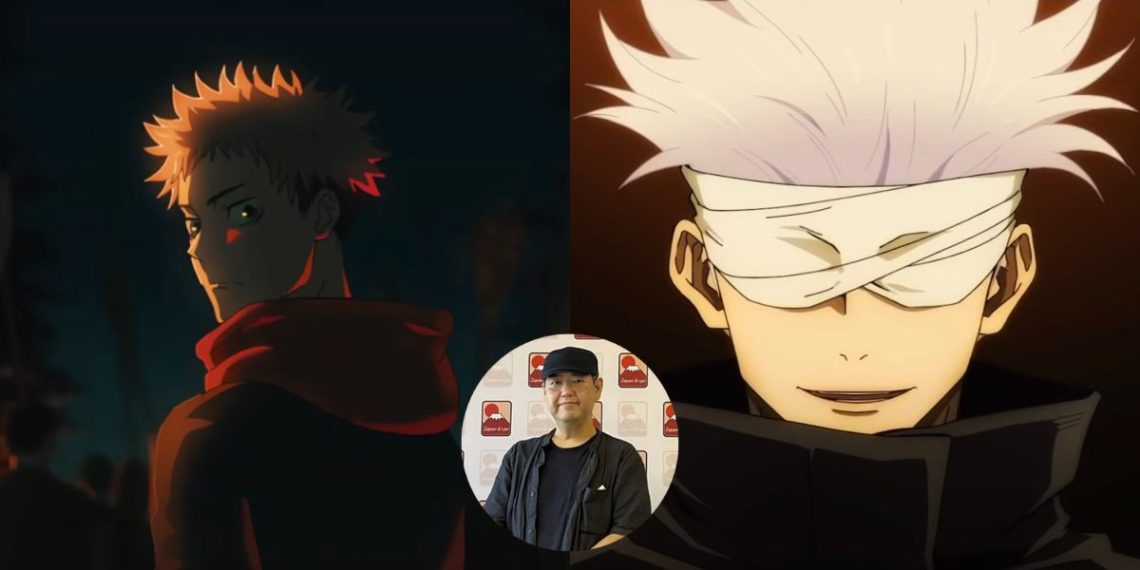Acclaimed animator Vincent Chansard made headlines when he stated that he would not collaborate with acclaimed animation studio MAPPA again due to intense workload demands and tight production schedules resulting in excessive overtime.
Chansard, known for his stellar contributions to the hit anime series One Piece and the recent second season of popular dark fantasy Jujutsu Kaisen, felt that MAPPA’s working conditions were unsustainably grueling.
However, veteran animation director Mamoru Yokota cast doubt on Chansard’s claims. Yokota, an industry veteran with credits spanning beloved series such as Death Note, Dragon Quest, and One Piece, argued that overseas animators lack the context to accurately assess domestic Japanese production norms.

While acknowledging that anime creation entails immense pressure, Yokota implied that Chansard lacked awareness of the systematic realities underlying MAPPA’s reliance on intense schedules. The controversy illuminates tensions within an anime industry seeking to balance artistic ambitions with pragmatic constraints.
Analyzing Animator-Studio Dynamic
In a social media post on January 10th, 2024, veteran animator Mamoru Yokota offered a nuanced take on overseas animator Vincent Chansard’s declaration that he would never work with esteemed animation studio MAPPA again due to extreme production demands.
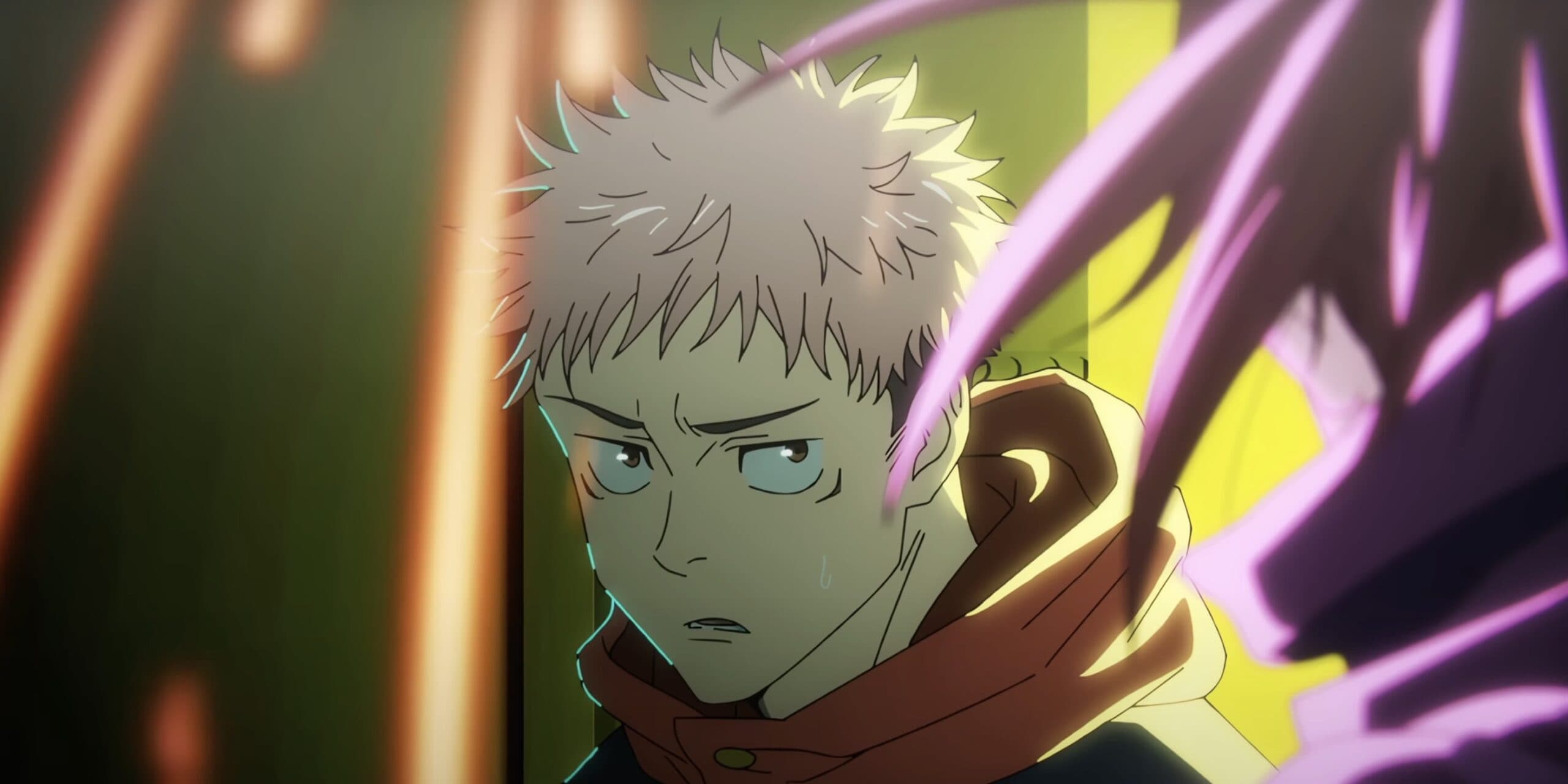
Yokota contended that before assigning blame, one must analyze whether contractual obligations were upheld by all parties. He asked – were the creative parameters and compensation clearly delineated when Chansard joined the production?
If so, Yokota believes fault lies not with the studio per se, but with the management decisions of the director, animation supervisor, or production committee.
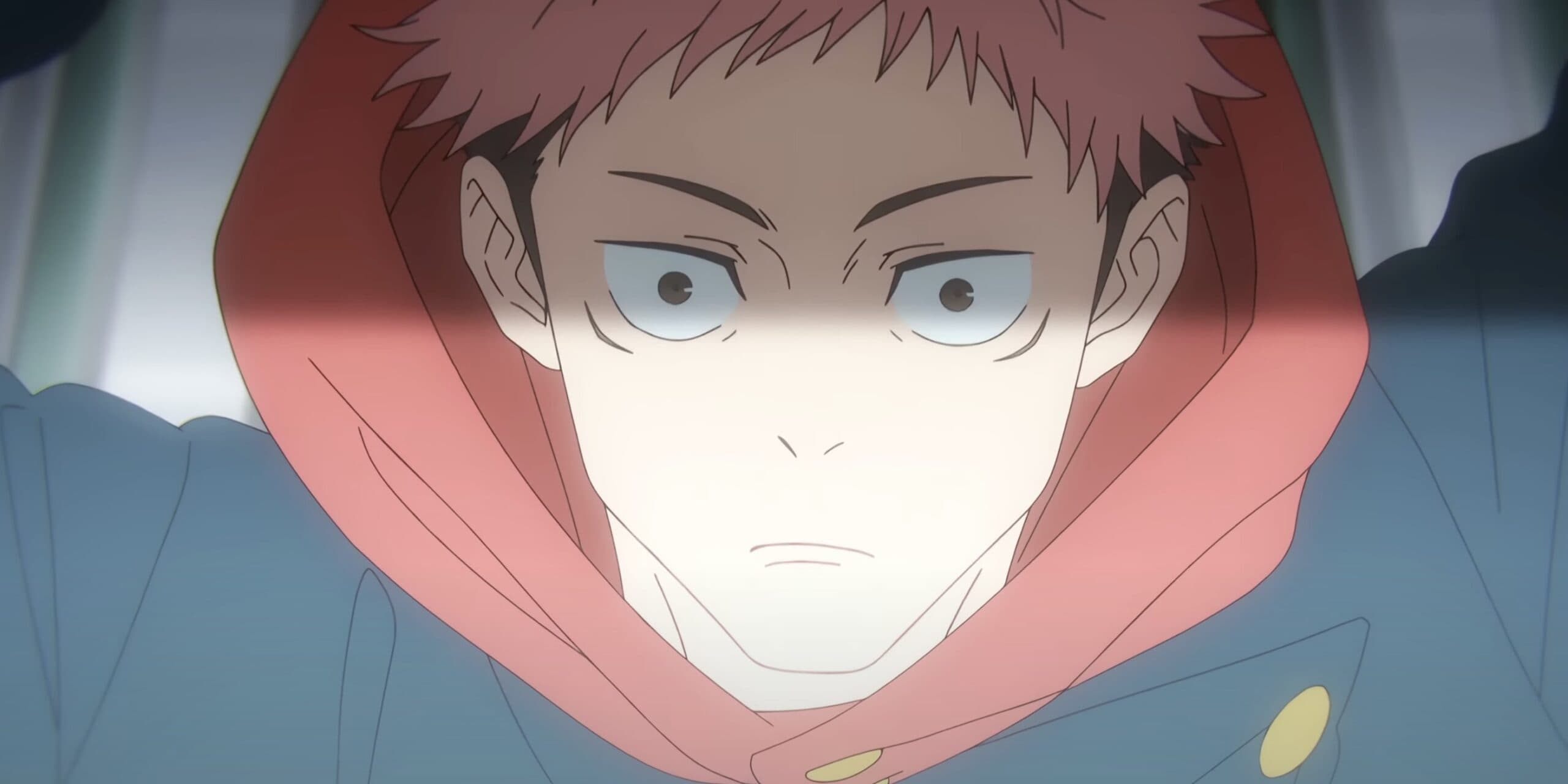
These figures shape the vision, scope, budget, and timetables underlying any animation project. However, if Chansard’s pay or production continuity guarantees were breached, that would substantiate allegations of exploitative conditions.
Ultimately, Yokota implies that while anime creation necessitates grueling dedication, animators must understand the systemic realities that studios navigate, assessing working terms and leadership decisions on a case-by-case contractual basis before making blanket condemnations. The complexity reveals tensions within an anime industry seeking artistic ambition amid pragmatic constraints.
Yokota’s Call for Proactive Negotiation and Collective Boundaries
Yokota argued that animators bear the responsibility to thoroughly vet projects and negotiate equitable terms upfront rather than air grievances after the fact. He contends that while social media provides a platform to vent frustrations, publicly criticizing studios is ultimately counterproductive.
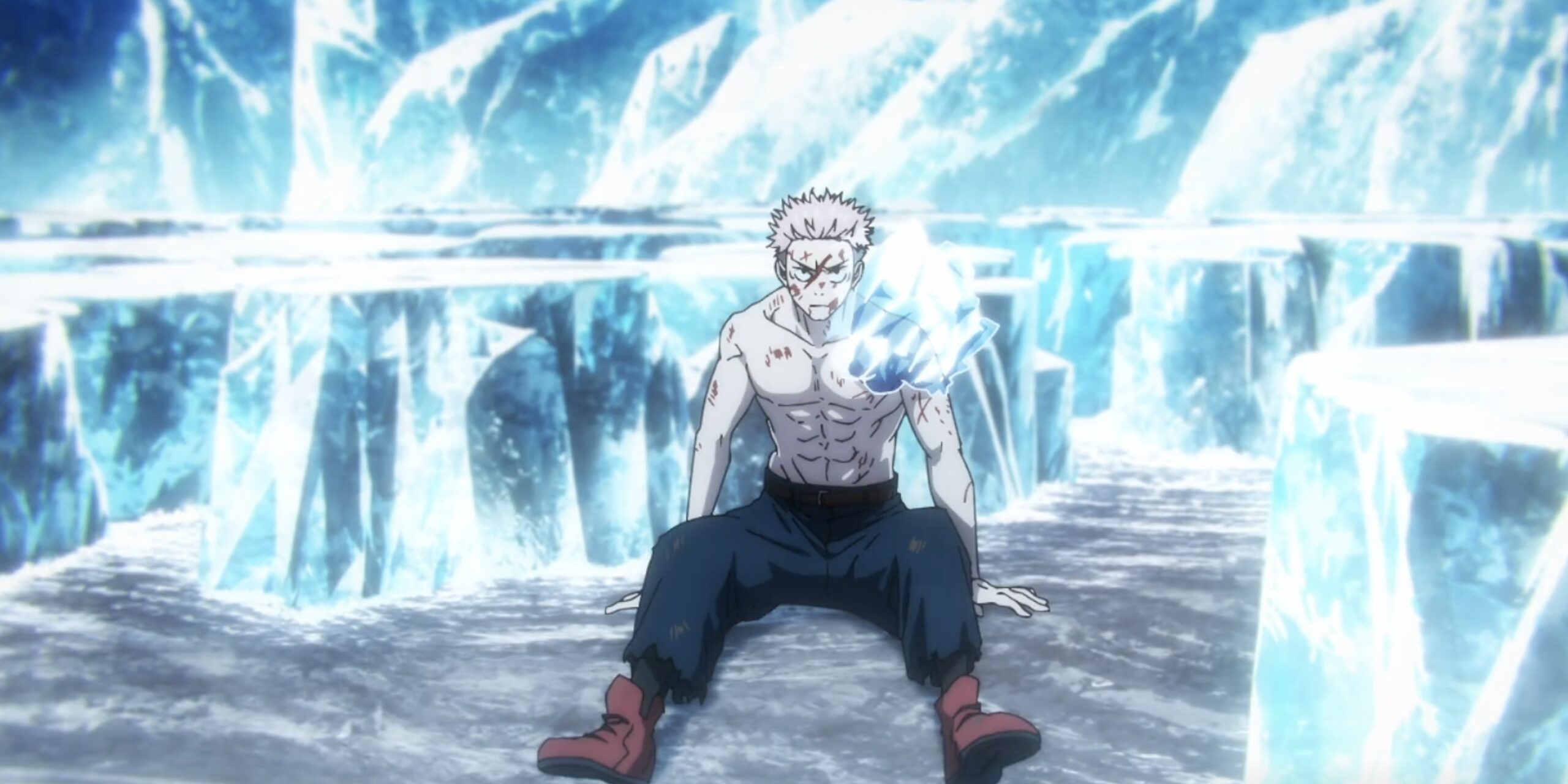
Yokota believes animators must stand behind their convictions – assess their limits, leverage representation if needed, and then courageously refuse exploitative deals even if they jeopardize production.
The choice to partake or walk away lies entirely with the artist. And if talent shortages compromise output, the financial consequences are borne by the studio alone.
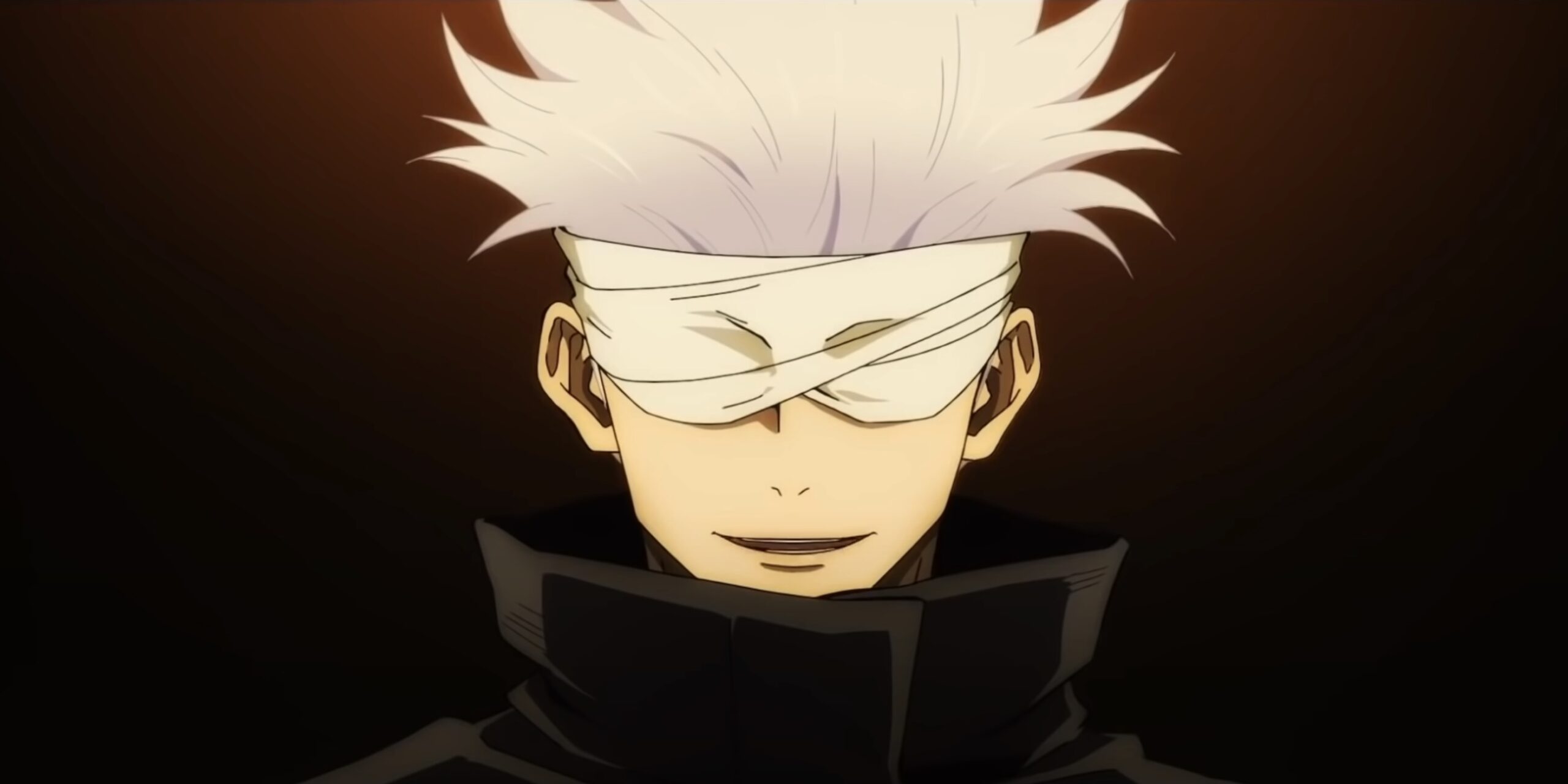
Ultimately, Yokota implies a system will only transform when animators collectively stake out boundaries rather than silently acquiesce to unreasonable demands.
Still, he cautions that publicly calling out partners risks burning bridges in a tightly-knit industry where you reap what you sow. The onus falls on creatives to know their worth and negotiate it unapologetically while still understanding studios operate within systemic budgetary restraints.
Advocating for Due Diligence, Transparency, and Nuanced Dialogue
Yokota employed a boiling cauldron analogy to argue that animators must perform due diligence by analyzing prospective projects’ storyboards to gauge feasibility before signing on, rather than retroactively complaining about unreasonable workloads.
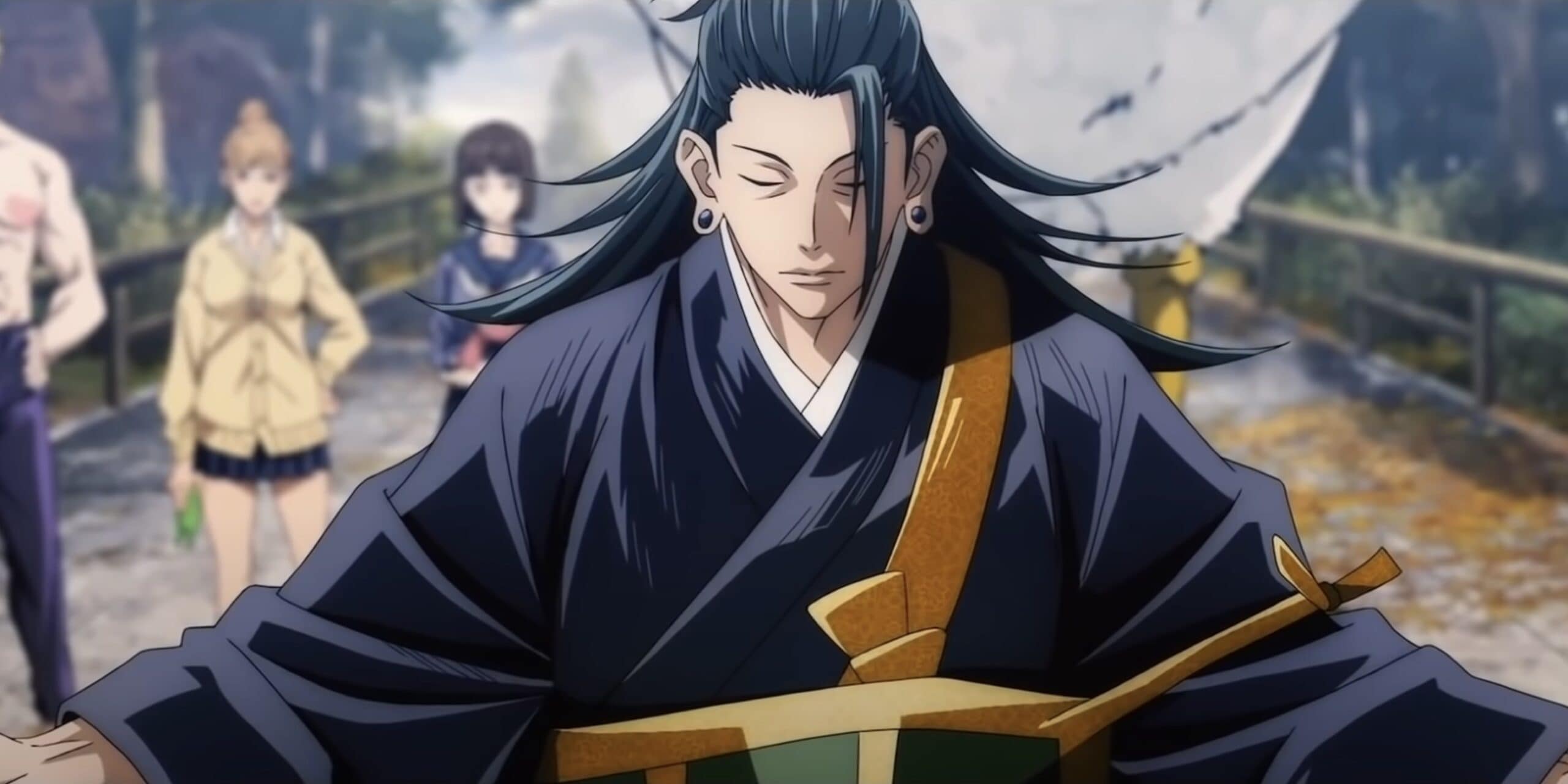
He likened animators who accept overly ambitious timelines without understanding the complexity of required sequences to recklessly “jumping into boiling water” – aware on some level that production demands far eclipse bandwidth and resources.
Yokota urges the industry to view working condition controversies through a wider lens encompassing all perspectives. Animators should assess storyboard “calories/difficulty” to comprehend required effort timelines.
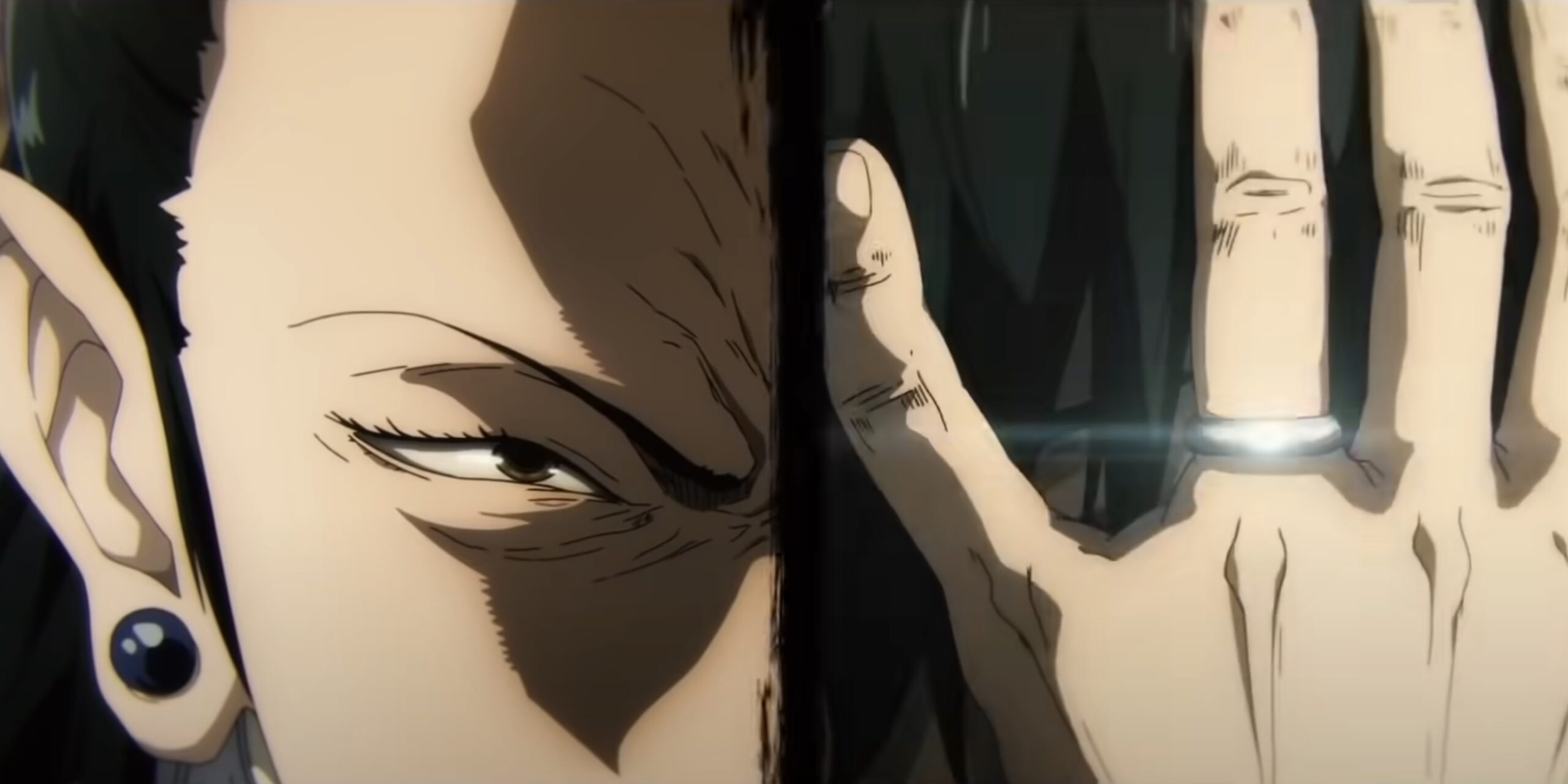
Meanwhile, studios and production committees must endeavor toward transparency regarding expectations.
Underscoring the contention surrounding these issues, Yokota cited incidents of extreme fans perpetrating online attacks against studio staff engaged in separate projects, misplacing blame for production challenges.
He implies a need for nuanced dialogue rather than recrimination in addressing structural problems.
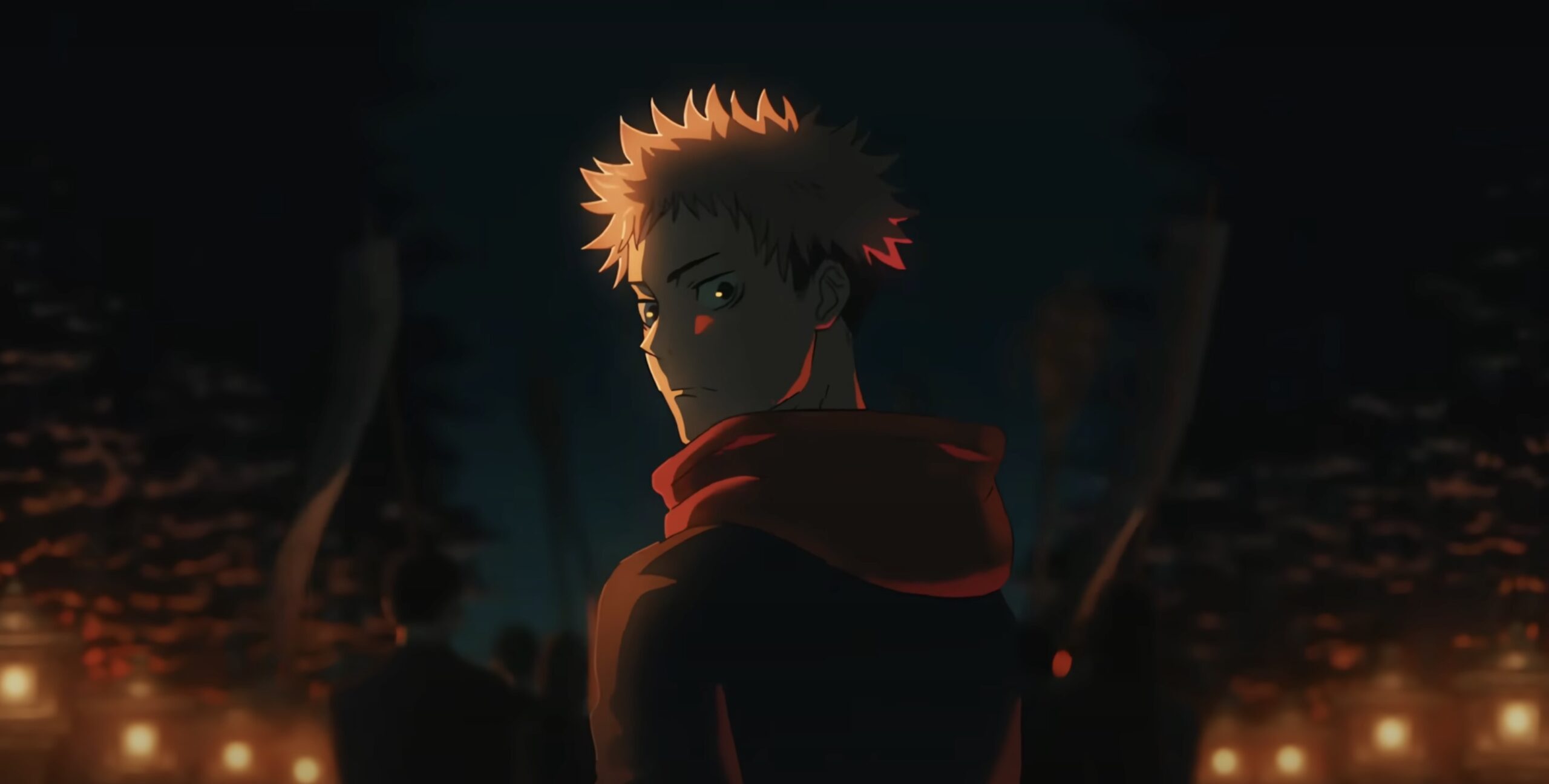
Fundamentally, achieving sustainability requires balancing creative vision with pragmatic limitations – a negotiation process animators must willingly opt into rather than feeling victimized later when terms prove overwhelming.
In a subsequent social media post, Yokota highlighted the increasingly toxic discourse surrounding MAPPA productions.
He described an incident in which, after veteran overseas animator Vincent Chansard publicly absolved ties with the studio due to extreme production demands, an impassioned fan devoid of insider context proceeded to harass a MAPPA animator engaged in a separate project.

Yokota argues that fandom extremes like personalized staff attacks derive from an incomplete, one-sided narrative that ignores financial and logistical constraints shaping complex industry dynamics.
He implies that while fan passion is understandable, it must be tempered with perspective taking rather than inaccurate assumptions or projections.

